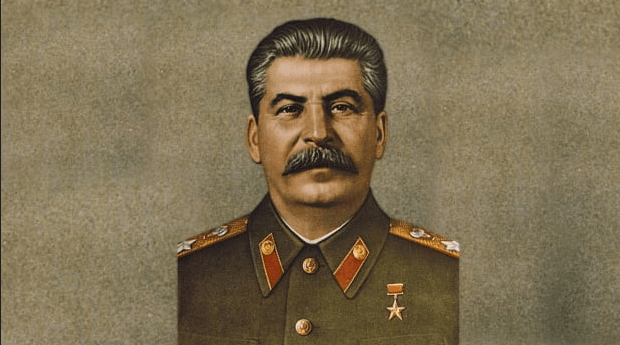
War Against Christmas 2004 Competition [III]: How Soviet Children Got Their Christmas Trees Back
By Thomas Allen
12/08/2004
WAR AGAINST CHRISTMAS 2004 COMPETITION [I] [II] [IV] [V] [VI] [VII] [VIII] [IX] [X] [XI] [XII] [XIII] [XIV] [XV] [XVI] [XVII] [XVIII] [XIX] [XX] — See also: War Against Christmas 2003, 2002, 2001, 2000
Similarities between modern-day America and the old USSR seem to spring up every day.
Among the more important, only lately dawning upon Americans, is the degree to which force is required to hold a multinational state together.
But the “Khristmaskampf” is another eerie parallel.
Soviet ideologues waged a bloody war against Christians and Christmas. Still, Soviet era propaganda images of Lenin and his wife hoisting children aloft around a yuletide tree showed that even they realized that, rather than erasing Christmas, it was better to assign it some new meaning.
The Christmas spirit flickered during the darkest years of Stalinism.
Khrushchev, then the Butcher of the Ukraine, recalled in his memoirs touring Moscow with Stalin in 1937, a year in which perhaps 400,000 “politicals” were murdered. (Sometimes the parallels are only visible in very faint outlines — fortunately.) Krushchev wrote:
“During the ride in Stalin’s personal car, one Pavel Postyshev spoke up:'Comrade Stalin, there were some good traditions, things the people believed in. Children especially were overjoyed to see Christmas trees. But the custom has been criticized recently. Is there any way to give the children back their trees?'
“Stalin reacted favorably, answering 'take the initiative yourself. Write letters to the press voicing the suggestion, and we will support you.'
“That’s the way children got their trees back. Postyshev wrote to Pravda. Pravda supported the idea, and other papers quickly picked up on it and echoed the suggestion.”
(from Khrushchev Remembers: the Glasnost Tapes, translated by Jerrold Schecter with V V Luchkov, page 32)
Our opinion makers and mass marketers face the same dilemma the Bolsheviks struggled to overcome: how to maintain the comforting (and profitable) symbols — while destroying their meaning.
Thomas Allen is a recovering refugee worker.
